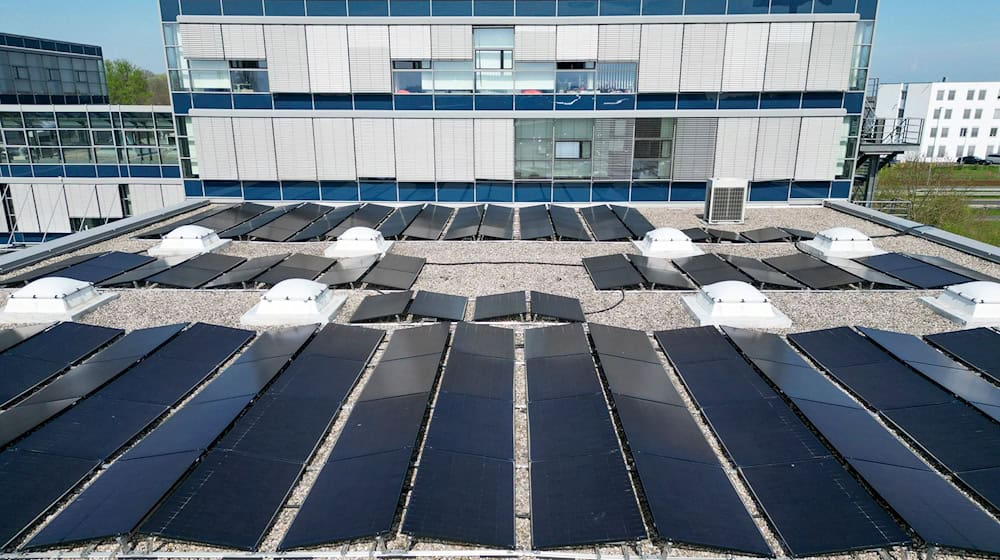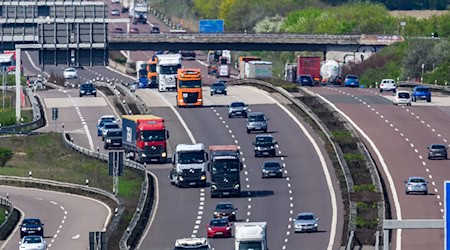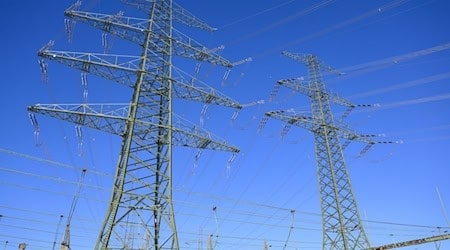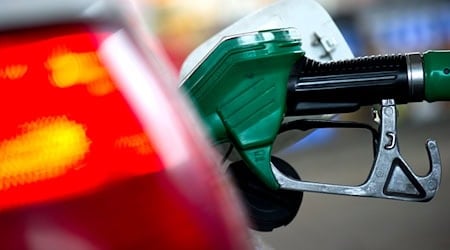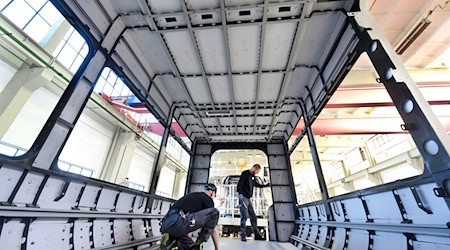Despite high demand, providers in Saxony believe that the expansion of photovoltaics is being held back by outdated regulations and slow digitalization. "We could optimize energy control for customers immediately," says Timo Sillober, Managing Director of the Leipzig-based company Energiekonzepte Deutschland (EKD). However, there are no regulatory provisions for this as yet.
EKD offers complete systems consisting of a solar system, battery storage and digital control. The aim is to use or store electricity when it is particularly cheap - for example at night when electricity exchange prices are negative. According to Sillober, however, legal requirements often hinder technical implementation.
Solar still in demand - but hurdles remain
According to the Saxon Ministry of Economic Affairs, more than 178,000 photovoltaic systems with a total output of over 5,000 megawatts have now been installed in the state. Almost 7,000 new systems were added in the first quarter of 2025.
Criticism has also come from the scientific community. "The speed of the so-called smart meter rollout in Germany is more than embarrassing, especially in an international comparison," says Jens Schneider, Professor of Networked Energy Systems at the Leipzig University of Applied Sciences (HTWK). In his view, there is a lack of temporally and regionally differentiated electricity prices that could incentivize flexible consumption models.
As an example, Schneider cited the supra-regional uniform electricity price: When the wind blows in the north, heat pumps and electric cars in the south would draw more electricity - even if it does not physically arrive there. This would lead to wind power plants being curtailed and gas-fired power plants having to be ramped up.
Copyright 2025, dpa (www.dpa.de). All rights reserved

